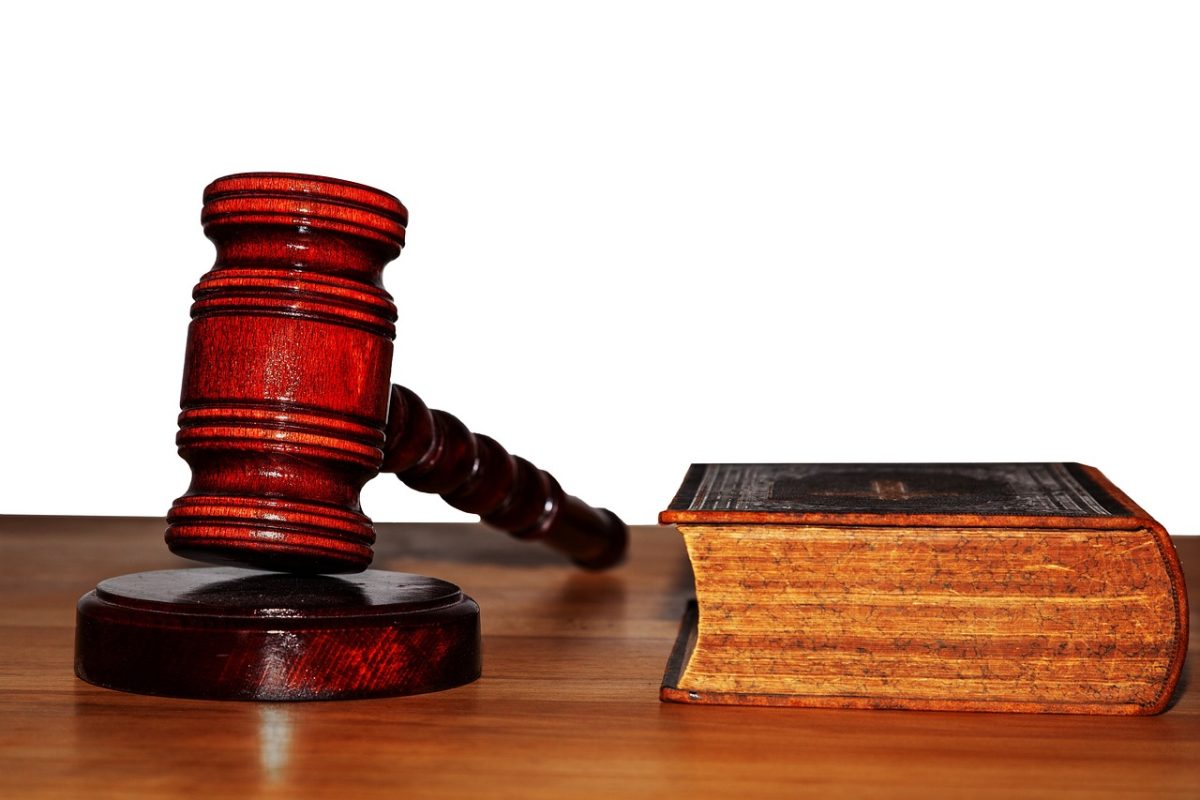The Open Meeting Law provides in part that “after notifying the chair…, any person may make a video or audio recording of an open meeting…after notifying the chair of the public body” and “the chair shall inform the attendees of any recordings.”
At the June 11, 2024, meeting of the Select Board, Fred Thys, a Plymouth Independent reporter, who was seated in the front row, attempted to make an audio recording of a portion of the meeting. I was seated directly to his right. Mr. Thys held his phone in his extended right hand and directed it toward the speaker’s podium, across my body, in full view of the Select Board. Mr. Thys had not notified the chair of the fact that he intended to do so (although it is not clear that he had any intent to do so at the beginning of the meeting), and so the chair did not inform the attendees of the fact that an audio recording was being made (although Select Board meetings are routinely streamed live on YouTube and on PACTV, so there could have been no reasonable expectation of privacy by anyone).
The OML further provides that the attorney general shall “interpret and enforce the OML”, and that, in the event that she determines that a violation has occurred, she can issue an order prescribing appropriate corrective action (subject, of course, to judicial review).
However, enforcement of the OML is civil in nature. The appropriate corrective actions set forth in the OML are all civil sanctions. No criminal sanctions are set forth in the OML.
In my opinion, Select Board vice chair Kevin Canty erred when he interjected at the meeting that Mr. Thys could face up to 5 years in state prison or 2 ½ years in jail for “surreptitious wiretapping”. No reasonable person could construe Mr. Thys’s recording as “surreptitious wiretapping.”
In my opinion, Mr. Canty further erred later when, instead of acknowledging his rhetorical excess, he instead doubled down by calling for an apology by the PI, instead of offering one of his own.
– Richard M. Serkey

